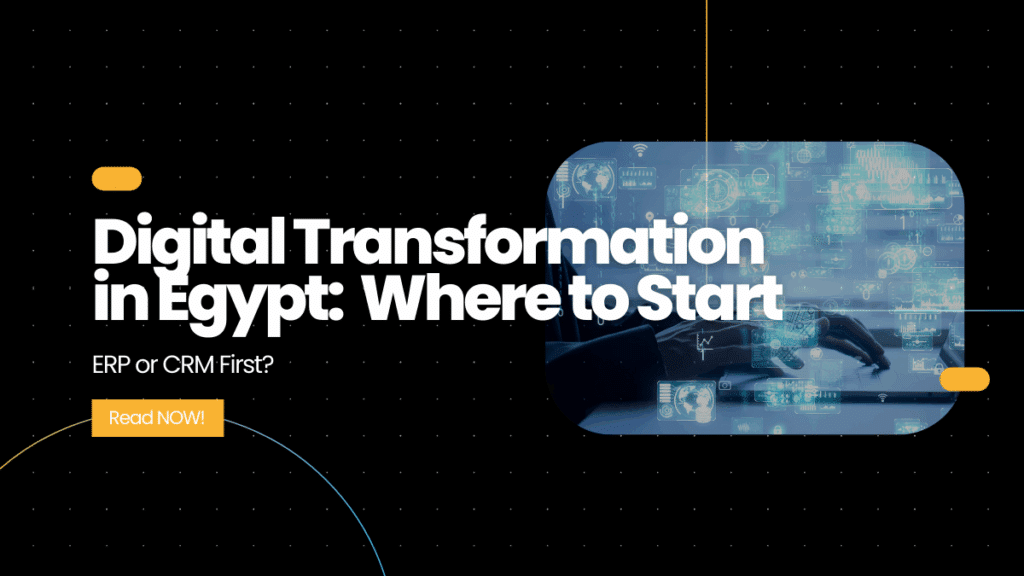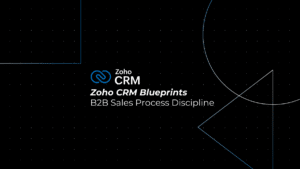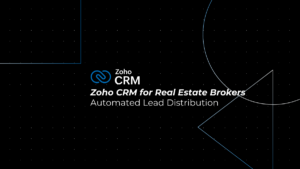Digital transformation is no longer a luxury for Egyptian businesses—it’s a necessity. With rapid technological adoption, government-backed initiatives like ETA e-invoicing, and a competitive marketplace, companies across industries are looking for ways to modernize operations, improve efficiency, and stay ahead. But one question often comes up: Where should the journey of digital transformation begin? Should businesses start with ERP or CRM?
This article explores the essentials of digital transformation in Egypt, compares ERP-first vs CRM-first approaches, and offers guidance for SMEs and enterprises seeking clarity on their next steps.
Table of Contents
ToggleWhat Is Digital Transformation?
At its core, digital transformation means integrating technology into every area of a business to improve performance, streamline operations, and deliver better value to customers. It’s not about using one tool; it’s about rethinking processes, culture, and customer engagement with a digital-first mindset.
For Egyptian companies, digital transformation often involves:
- Automating manual processes like invoicing, HR, or inventory.
- Enhancing customer experiences through personalization.
- Ensuring compliance with local regulations like VAT and e-invoicing.
- Making data-driven decisions with integrated analytics.
Why Digital Transformation Matters for Egyptian Businesses

Egypt’s economy is rapidly shifting toward digital adoption. From SMEs to enterprises, companies are under pressure to adapt to modern expectations. Digital transformation helps them:
1. Increase efficiency – Automating repetitive tasks reduces time spent on admin work.
2. Cut costs – Cloud-based ERP and CRM solutions are cheaper than maintaining legacy systems.
3. Boost compliance – Solutions like Odoo and Zoho offer localization for Egypt’s accounting, tax, and invoicing standards.
4. Enhance customer satisfaction – Customers expect faster, more personalized service.
5. Support scalability – Digital tools grow with the business instead of holding it back.
Without a digital-first strategy, Egyptian businesses risk falling behind competitors who are already embracing innovation.
ERP vs CRM: Which Should Come First?
The heart of digital transformation often starts with two major systems: ERP (Enterprise Resource Planning) and CRM (Customer Relationship Management). Both are essential, but their order of adoption can shape a company’s transformation journey.
Starting with ERP
An ERP system focuses on internal processes: finance, HR, supply chain, operations, and compliance. For many Egyptian companies, ERP is often the first step because:
- It ensures ETA e-invoicing compliance.
- It centralizes financial data for transparency.
- It helps manage inventory and supply chains in industries like retail, manufacturing, and distribution.
- It creates a solid foundation for business scalability.
For SMEs with complex operations or regulatory requirements, ERP-first digital transformation makes sense.
Starting with CRM
CRM, on the other hand, is about external engagement: customer relationships, lead management, sales pipelines, and support. Businesses that prioritize growth and customer experience often begin here. Benefits include:
- Capturing leads effectively through digital channels.
- Automating follow-ups to prevent missed opportunities.
- Enhancing customer engagement with personalized interactions.
- Boosting sales efficiency by giving teams better insights.
For startups and SMEs focused on rapid growth, CRM-first digital transformation can deliver faster ROI.
The Egyptian Context: ERP or CRM First?

In Egypt, the decision often depends on industry and stage of growth:
Retail and E-commerce: CRM-first is usually better because customer engagement drives sales. ERP can follow as inventory and finance complexity grows.
Manufacturing and Distribution: ERP-first is essential to handle supply chain, compliance, and accounting from the start.
Service Businesses: CRM-first helps build stronger customer pipelines before scaling back-office operations.
Growing SMEs: A hybrid approach may be best—starting with ERP for compliance but quickly adding CRM for sales automation.
Building a Digital Transformation Roadmap
Whether you start with ERP or CRM, digital transformation should be strategic. Here’s a roadmap Egyptian SMEs and enterprises can follow:
1. Assess Business Needs – Identify gaps in customer engagement and internal processes.
2. Prioritize Compliance – Ensure ETA e-invoicing and VAT are handled early.
3. Choose the Right Platform – Solutions like Odoo and Zoho offer modular ERP and CRM apps.
4. Integrate Gradually – Start with one system, then add others (e.g., ERP first, then CRM).
5. Train Employees – Transformation only succeeds when teams embrace the tools.
Measure ROI – Track performance improvements in cost savings, sales, or customer retention.
The Role of Integrations in Digital Transformation
Modern digital transformation doesn’t mean choosing ERP or CRM in isolation. Instead, it’s about integration. Platforms like Odoo ERP Egypt or Zoho One allow businesses to start small and expand seamlessly.
- ERP + CRM Together: Finance, HR, and sales work in harmony.
- Third-party integrations: Payment gateways like Fawry or Paymob connect directly to ERP/CRM.
- Marketing automation: Tools like Zoho Campaigns or Odoo Marketing feed customer data back into CRM.
This synergy creates a 360-degree view of operations and customers, which is the ultimate goal of digital transformation.
Case Example: An SME in Egypt
Consider a mid-sized retail SME in Cairo. At first, they adopted a CRM system to capture online leads and improve customer engagement. Within a year, sales grew, but managing accounting and inventory manually became overwhelming.
The company then added Odoo ERP for finance and inventory management. With both systems integrated, they achieved:
- Faster invoicing and ETA compliance.
- Real-time inventory tracking.
- Improved customer retention through better follow-ups.
This phased approach highlights that digital transformation is not one-size-fits-all but must align with growth stages.
Why Partnering with Experts Matters

Digital transformation is more than just installing software. Choosing the right partner ensures smooth implementation, localization, and support. Companies like PyramidBITS help Egyptian SMEs navigate ERP/CRM adoption with:
- Localization for taxes, VAT, and e-invoicing.
- Tailored roadmaps for ERP and CRM adoption.
- Integration strategies for unified platforms.
- Training and ongoing technical support.
With expert guidance, businesses avoid costly mistakes and accelerate their transformation journey.
FAQs About Digital Transformation in Egypt
1. What is digital transformation in simple terms?
It means adopting technology to improve business operations, customer engagement, and decision-making.
2. Should Egyptian SMEs start with ERP or CRM?
It depends on priorities: ERP-first suits businesses with compliance and operational needs, while CRM-first suits businesses focused on customer growth.
3. How long does digital transformation take?
SMEs may see results within months, while full-scale transformation for enterprises can take years.
4. What are the biggest challenges for digital transformation in Egypt?
Resistance to change, lack of training, and budget limitations are common challenges.
5. How can PyramidBITS support digital transformation in Egypt?
PyramidBITS provides ERP and CRM implementation, ETA-compliance setup, and integration services tailored to Egyptian SMEs.
Ready to begin your digital transformation journey?
Whether you need ERP-first or CRM-first, PyramidBITS helps Egyptian businesses adopt the right tools, integrate them seamlessly, and scale smarter.



